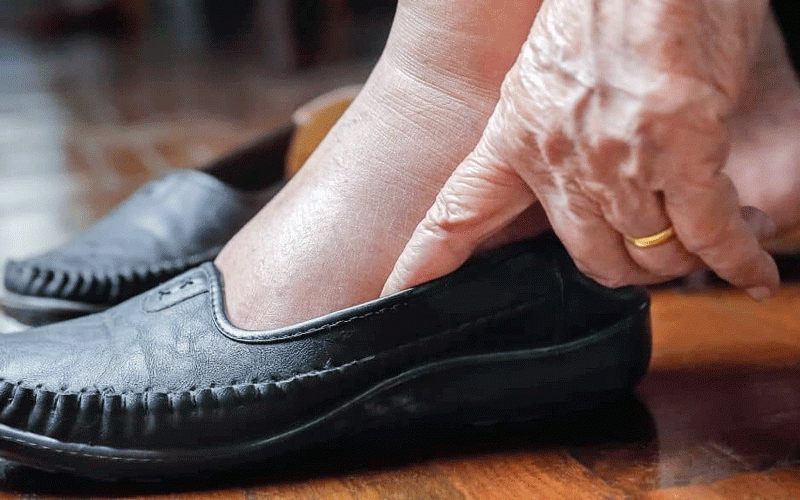
Malaria, the leading cause of death among children in Africa, could be eliminated if three-fourths of the population used insecticide-treated mosquito nets (ITNs), according to a new study from the National Institute for Mathematical and Biological Synthesis (NIMBioS). — EurekAlert The study, which uses a mathematical model, found that use of ITNs positively affected the infection’s reproduction number, or R, which is the primary epidemiological number used to determine the degree which a disease can spread through a population.
The model concludes that if 75% of the population were to use ITNs, malaria could be eliminated.
The treated mosquito net forms a protective barrier around people sleeping under them. The insecticide not only kills the mosquitoes, which carry the malaria parasite, and other insects, it also repels mosquitoes, reducing the number that enter the house and attempt to feed on people inside.
With ITNs, the number of mosquitoes, as well as their length of life, is reduced, which is why the density of nets in a community is important.
Overcoming cultural resistance to using bed nets in communities where people view the nets as intrusive has been a major challenge for international malaria prevention agencies.
There is also evidence that in some countries, more bed nets go to the rich than the poor. Health groups are devising strategies to encourage use of the bed nets and to make sure they are distributed more equitably.
“Based on the results, it’s clear that educational campaigns around the use of bed nets must continue as the nets play a critical role in reducing the transmission of malaria,” said Folashade Agusto, the study’s lead author and participant in the NIMBioS Investigative Workshop on Malaria Modelling and Control, whose other participants co-authored the study.
A former NIMBioS postdoctoral fellow, Agusto is an assistant professor of mathematics at Austin Peay State University.
- Chamisa under fire over US$120K donation
- Mavhunga puts DeMbare into Chibuku quarterfinals
- Pension funds bet on Cabora Bassa oilfields
- Councils defy govt fire tender directive
Keep Reading
Malaria has already been eradicated in Europe, North America, the Caribbean, and parts of Asia and South-Central America, and yet, the World Health Organisation estimates that every year 250 million people become infected with malaria and nearly one million die.
‘exercise boosts self control’
Trying to resist a mid-afternoon chocolate bar? A short-burst of exercise could help, according to a review of recent research.
—Mailonline
Scientists found that concentrated bouts of activity improved self-control in children, teenagers and adults aged up to 35 years old.
This may be because working out increases blood and oxygen flow to the pre-frontal cortex of the brain. This area is responsible for “executive” functions and is particularly important for children and teens as it plays a vital role in concentration and learning.
Exercise could therefore provide a useful treatment for conditions involving impaired higher brain functions, such as autism and attention hyperactivity deficit disorder.
“These positive effects of physical exercise on inhibition/interference control are encouraging and highly relevant, given the importance of inhibitory control and interference control in daily life,” they said.
“Inhibition is essential for regulation of behaviour and emotions in social, academic, and sport settings.” The team from VU University Amsterdam added that physical activity may also help delay the ravages of Alzheimer’s disease.











